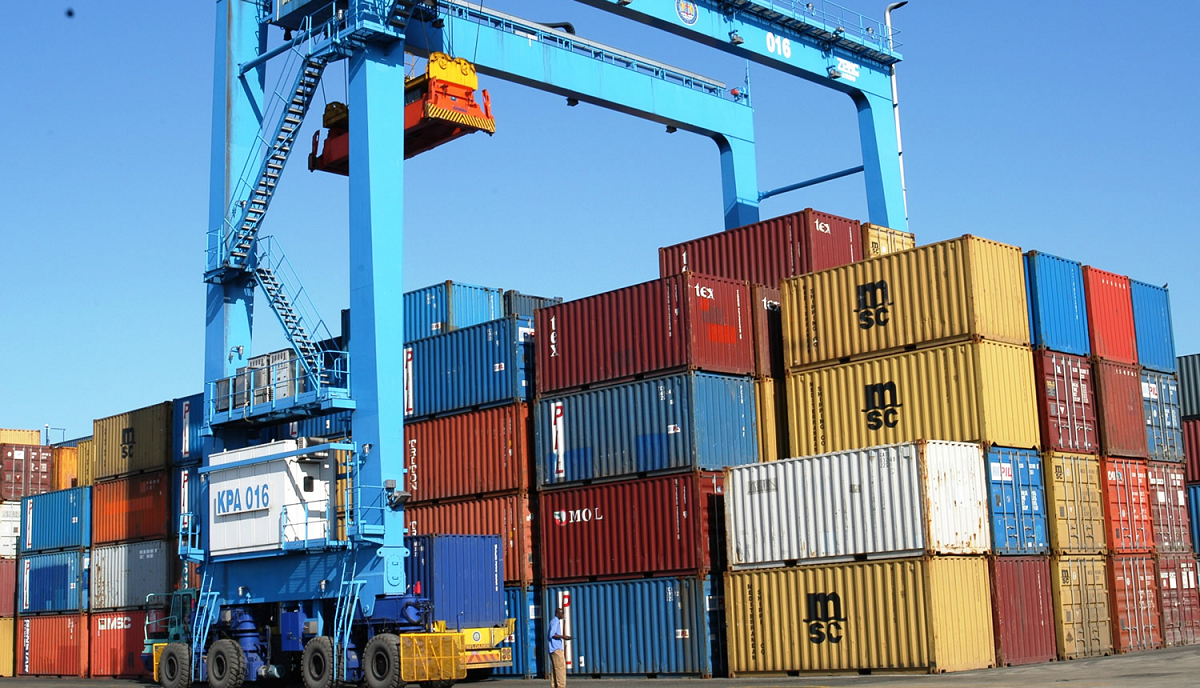As the global trade finance market was hit by the pandemic in 2020 and slowed to a grind, recent years have shown that the industry has bounced back nearly full force. While the World Trade Organization predicted a global slowdown, overall stats remain optimistic for 2023.
While the reach of the trade finance market is believed to have the potential to slow down inequality and poverty, the industry has a long way to go. Recent digital developments, along with laws passed by various countries, including the UK, are expected to expand global trade more than ever.
While the pandemic slowed economic growth, it did spurn digital developments. While much trading has been done online, the industry largely depends on paper-and-pen manual processes. In the last few years, we’ve seen a significant turn as banks latch on to blockchain technology.
Digitization documentation is still an issue in this sector, slowing down growth more than it should. For example, a digital bill of lading would save over 6 billion euros in direct costs alone and encourage nearly 40 billion euros in global trade opportunities. To combat this, the UK has proposed an Electronic Trade Documentation Bill, which will force businesses to digitize over ten years, making it easier to buy and sell institutions across borders and save billions in administrative costs.
As digitization is ongoing, the amount of trading platforms in the UK and all over the world is increasing quickly. The UK has remained relatively lax about any trading laws regarding these apps and platforms, which are currently boosting the economy at a small but growing level. As more individuals found themselves laid off for extended periods during the pandemic, many began to turn to trade apps and started investing in stocks and digital currencies.
On an individual level, the UK’s sharp ups and downs create the perfect market to buy and sell stock. Apps also appeal to a younger audience, whereas 20 years ago, most investors were over 35. As these programs develop, we’ll likely see trends in new laws from the administration in attempts to protect the public from bad investments.
Empirical evidence shows that the supply chain has a significant effect on trade finance, which was disrupted again due to the pandemic. With sellers and companies now having access to a worldwide supply chain, optimizing supplier payment terms and allowing options for suppliers to be paid early enhances new cash flow in the industry.
Financing businesses to spurn this global supply chain is going to become more common, as banks and other financial institutions continue to upgrade and adjust to this new economy. So far, it has been a challenge that has created a large gap, with financial institutions unwilling or unready to take on the challenges of funding micro, small, and medium enterprises. According to economists, currently, they don’t have the risk management capabilities. This is something we’ll see banks developing in the coming years.
Currently, most long-standing banks and trade institutions don’t quite have the digital prowess to keep up with the trade finance industry as it stands right now. As Fintech companies continue to develop blockchain and experiment with other technologies that could grow the industry, financial institutions lack the expertise and focus on doing this. This means that eventually, you will see the two industries begin to merge and make agreements, which will streamline efficiency and workflow.
Trade organizations are operating on legacy systems, which are complex and costly to upgrade. Also, many of the world’s most prominent financial institutions are choosing to take a seat back and watch the technology develop rather than become leaders in this sector. In the next decade, we expect to see many companies collaborating to provide the best possible experience for the consumer.
Next >> From Kenyan Slum To Hollywood – The Epic Rise Of an Actor



![Caleb Kositany (centre) pictured with President William Ruto and Deputy President Rigathi Gachagua. [Photo/ @CKositany]](https://businesstoday.co.ke/wp-content/uploads/2023/03/KE88zKJp_400x400-e1679054109448-150x150.jpg)









Leave a comment